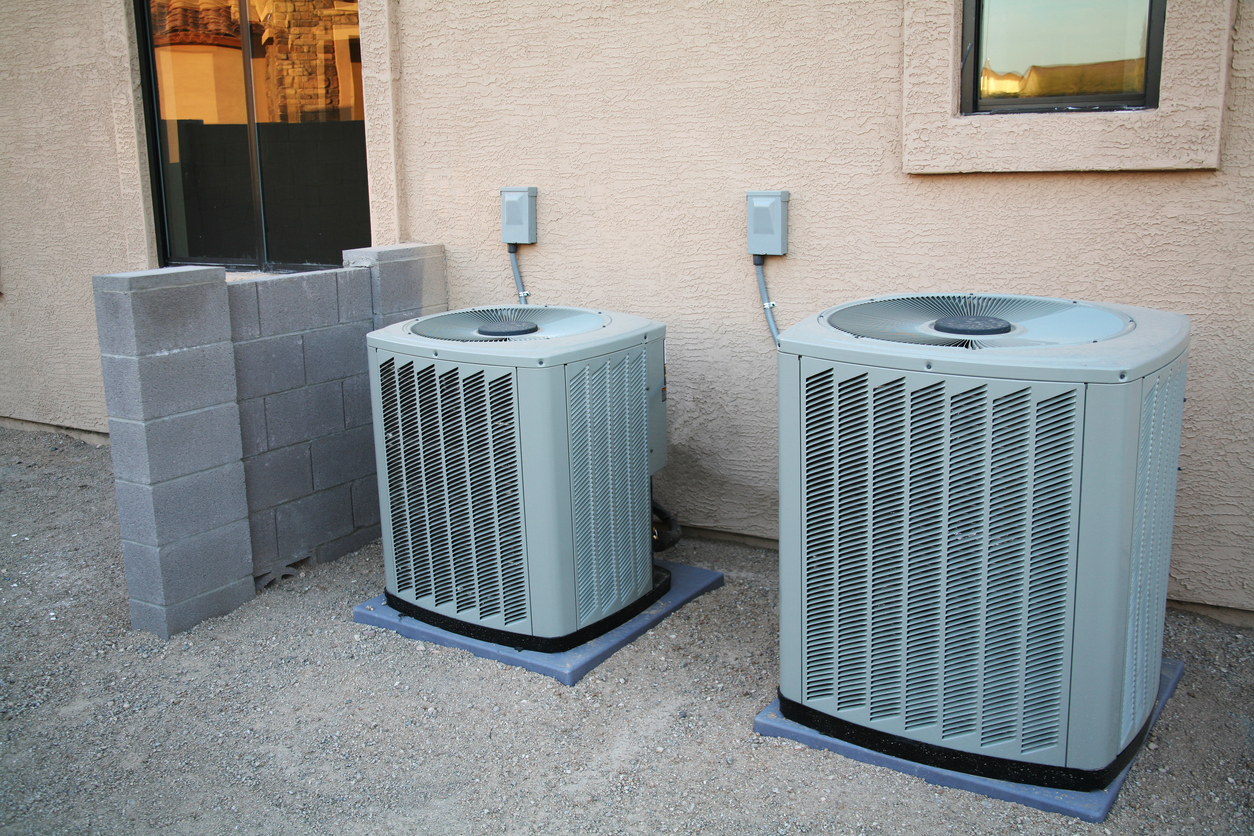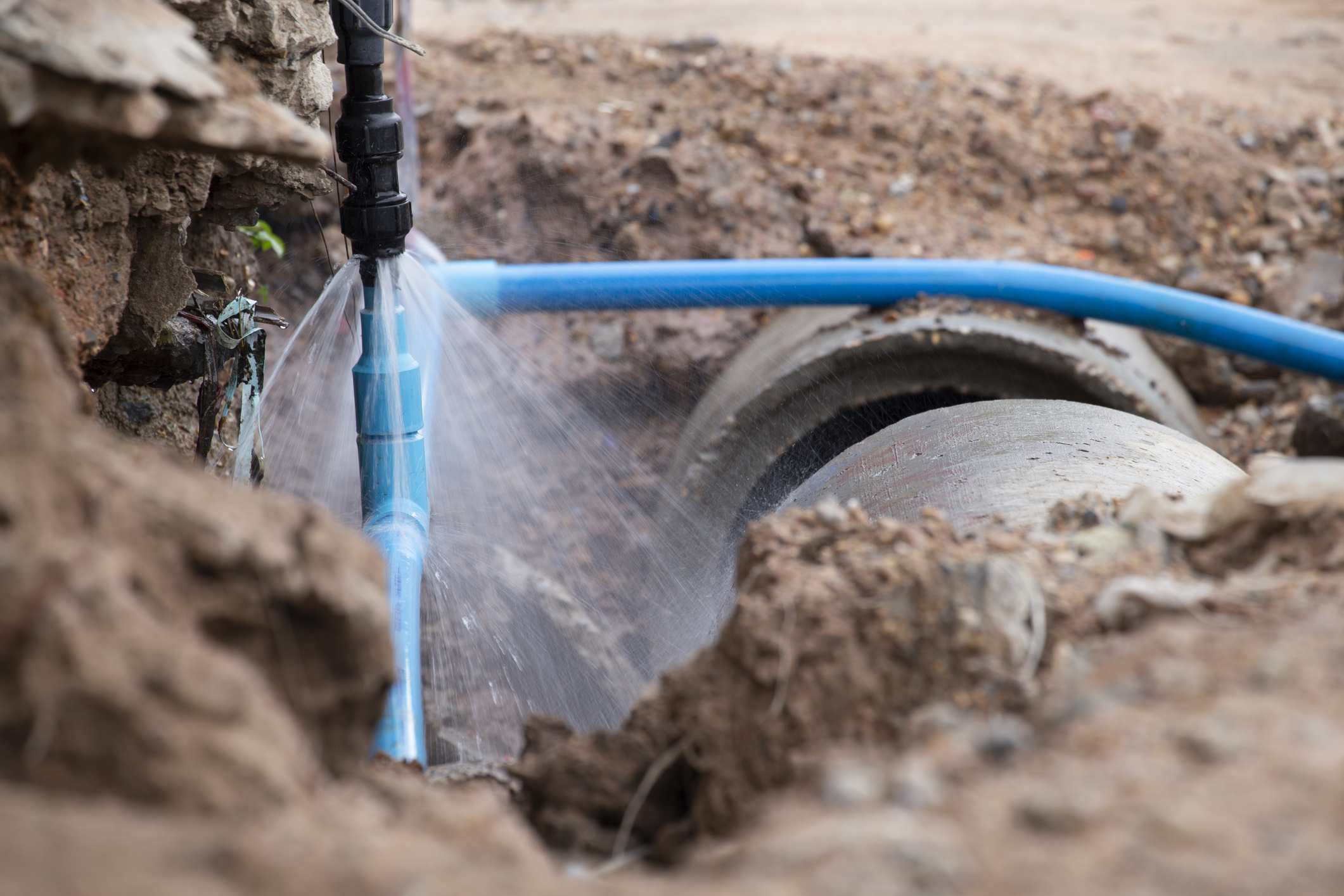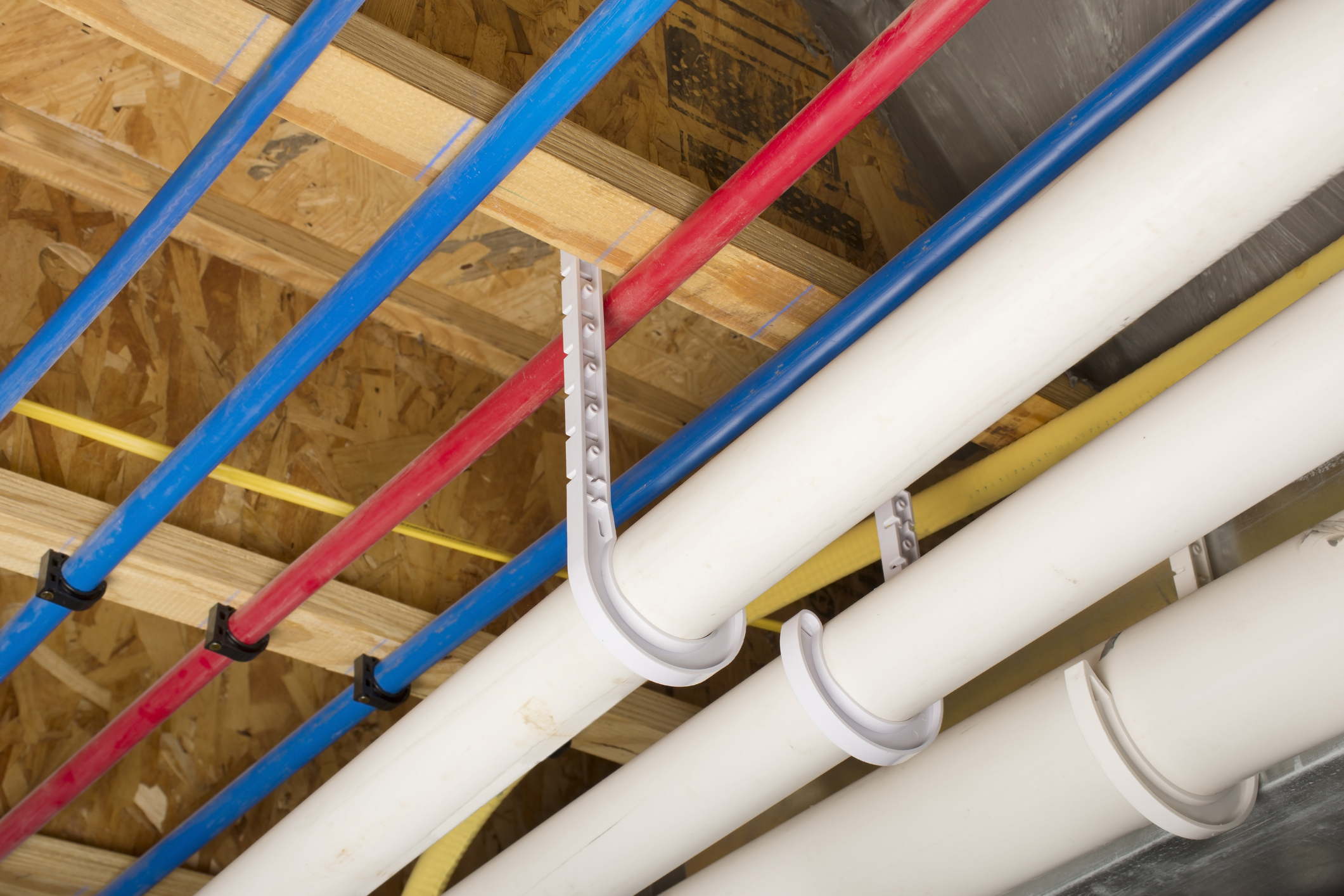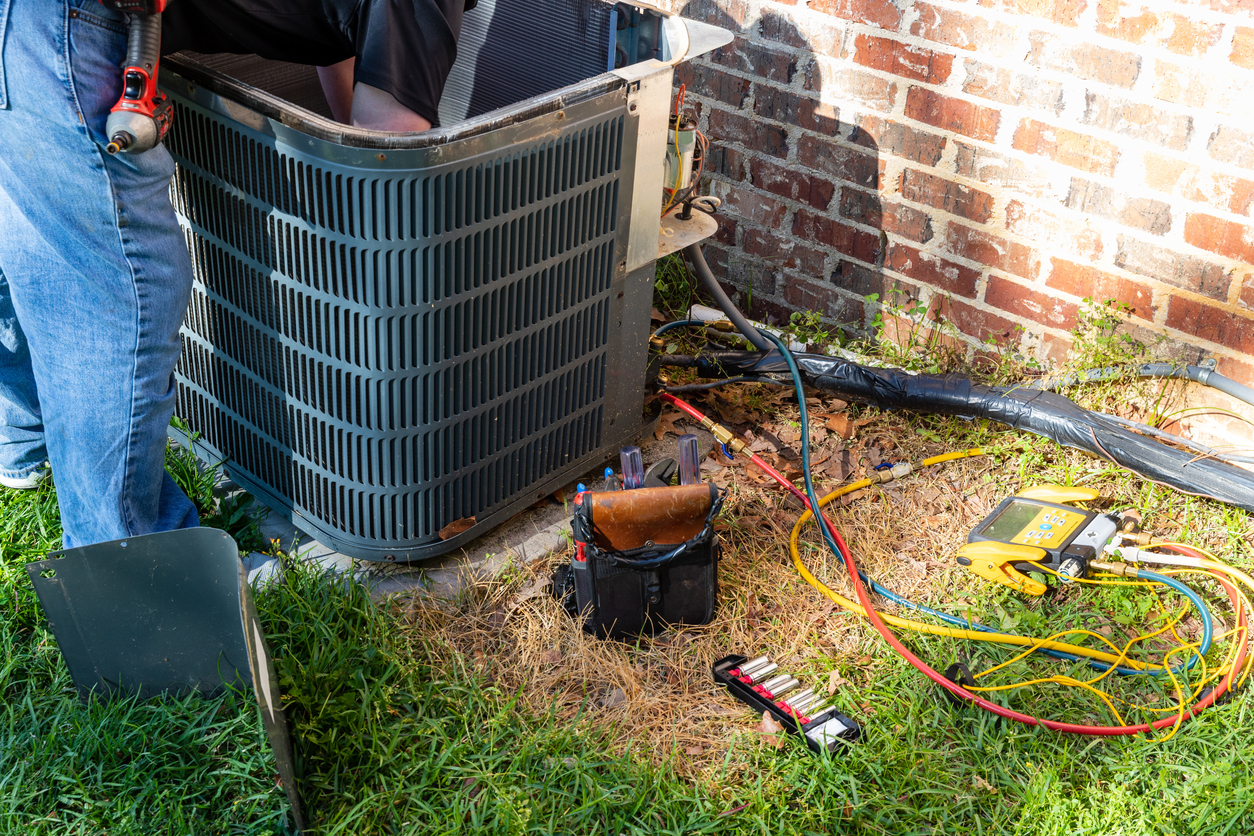Tampa's HVAC Services | License #: CAC1818057

How Long Do Air Conditioners Last?
When investing in home comfort, one of the most common questions homeowners ask is, “How long do air conditioners last?” This question is crucial, not only for maintaining a comfortable living environment but also for planning future home improvement budgets. In this blog, we’ll explore the lifespan of air conditioners, factors that can affect this duration, and provide tips on when it might be time to replace your AC unit.
Understanding the Lifespan of Your Air Conditioner
Typically, the lifespan of a standard air conditioner ranges between 15 to 20 years. However, how long AC units last can vary significantly based on several factors including the model, usage patterns, and maintenance practices. Properly understanding and managing these elements can help maximize the longevity of your AC unit.
Factors Influencing AC Unit Lifespan
- Maintenance: Regular maintenance is perhaps the most critical factor in extending the air conditioner lifespan. An AC unit that receives annual professional check-ups and prompt repairs can outlast one that is neglected. Routine checks often include cleaning filters, checking refrigerant levels, and ensuring that all components are functioning correctly.
- Usage: How frequently and intensely an AC unit is used also plays a significant role. In climates where the air conditioner is running almost all year round, wear and tear can accumulate much faster compared to regions with milder weather. Adjusting the thermostat to reasonable temperatures can reduce the strain on your unit.
- Installation: The initial installation of an air conditioner significantly impacts how long AC units last. Properly installed units perform efficiently and have fewer operational problems over their lifetimes. It’s crucial to have a professional and reputable HVAC company handle the installation.
- Environment: External environmental factors also affect the air conditioner lifespan. Units in areas with high levels of pollution, salt, or airborne particulates may require more frequent maintenance and potentially earlier replacement.
Tips for Extending the Life of Your Air Conditioner
To ensure your air conditioner remains in good working order for as long as possible, consider the following tips:
- Regular Maintenance: Schedule annual maintenance checks with a trusted HVAC professional to keep your system running smoothly.
- Clean or Replace Filters: Dirty filters restrict airflow and can cause the system to work harder, which decreases efficiency and longevity. Cleaning or replacing your AC filters every few months can prevent these issues.
- Check Insulation and Seals: Ensure that your home is well insulated and that windows and doors are sealed properly. This practice keeps the cool air inside and reduces the workload on your air conditioner.
When to Replace Your AC Unit
Knowing when to replace your AC unit can save you money on repairs and energy costs in the long run. Here are a few signs that it might be time to consider replacing your air conditioner:
- Age: If your AC unit is over 15 years old and frequently needs repairs, it might be more cost-effective to replace it.
- Increased Energy Bills: An increase in your energy bills might indicate that your AC unit is losing efficiency.
- Frequent Repairs: If you find yourself calling for repairs more often than usual, this could be a sign of an aging unit that needs replacement.
Conclusion
Understanding “how long do air conditioners last” and the factors that influence their durability can help you make informed decisions about maintenance and replacements. By following the tips provided, you can extend the air conditioner lifespan and ensure your home remains comfortable year-round. If you’re noticing signs that your AC unit might need to be replaced, don’t wait until it fails. Contact The Comfort Authority today to explore your options and find a solution that ensures your comfort and efficiency. Let us help you keep your cool, efficiently and effectively!
Recent News

Why Does My Toilet Flush Twice?

Why Does My Bathroom Smell Like Sewage?

Broken Pipe? 5 Common Causes

Types of Plumbing Pipes: Which are Best for Your Home?

What to Do In Case of an Emergency Water Leak

Why is My Air Conditioner Making a Dripping Noise?

What Should You Set AC to in Florida When Away From Home?
